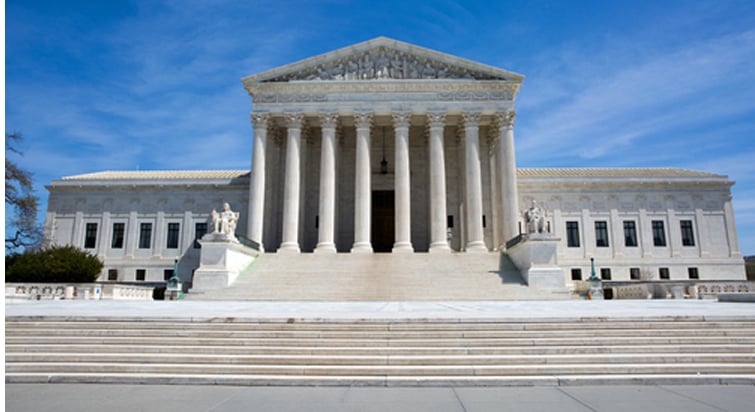Supreme Court overturns process that had been used to appoint SEC administrative law judges

Steven Frame / Shutterstock.com
Administrative law judges are officers of the United States within the meaning of the Constitution’s appointments clause, which requires their appointment by the president, courts or the heads of federal agencies, the U.S. Supreme Court has ruled.
The Securities and Exchange Commission had contended the judges were mere employees, and they could be appointed by staff members. Under its procedure, SEC judges were selected by the chief judge and approved by the SEC personnel office.
That process was used to appoint the judge in the case of Raymond Lucia, who filed the challenge after being barred from the investment industry. Lucia had been accused of overstating the research he used for his “Buckets of Money” strategy that he promoted in two books.
Lucia is entitled to a new hearing before a different administrative law judge, Justice Elena Kagan wrote in the majority opinion.
The SEC has since ratified the appointments of its current administrative law judges to ensure they are valid, according to prior coverage of the case.
The U.S. Solicitor General had supported Lucia, a reversal of the position taken by the Obama administration, CNBC reports.
In a SCOTUSblog preview, Columbia law professor Ronald Mann explained the likely reason for the switch in stance. “A broad reading of the appointments clause brings direct control of a larger share of the federal bureaucracy within the hands of the president and his political appointees and makes it harder for Congress to shelter government operations from political influence,” Mann wrote.
According to another SCOTUSblog preview of the case, the decision “could have ripple effects well beyond the SEC—for example, claims by coal miners disabled by ‘black lung’ disease are also reviewed by ALJs, as are claims for Social Security benefits.” Prior coverage said the case could affect the Federal Deposit Insurance Corp. and the Consumer Financial Protection Bureau, which have similar processes for appointing administrative judges.
Kagan’s opinion was joined in full by Chief Justice John G. Roberts Jr. and Justices Anthony M. Kennedy, Clarence Thomas, Samuel A. Alito Jr. and Neil Gorsuch.
Justice Stephen G. Breyer wrote an opinion partly concurring in the judgment. Breyer said he agreed that the judge who presided in Lucia’s case was improperly appointed, but he would base that conclusion on statutory rather than constitutional grounds.
Breyer also said he disagreed with the majority’s conclusion that Lucia was entitled to a new hearing before a different administrative law judge. Justices Ruth Bader Ginsburg and Sonia Sotomayor joined that section of his opinion.
Sotomayor filed a dissenting opinion joined by Ginsburg.
The case is Lucia v. Securities and Exchange Commission.
Updated at 5:25 p.m. to include information about Breyer’s opinion.



